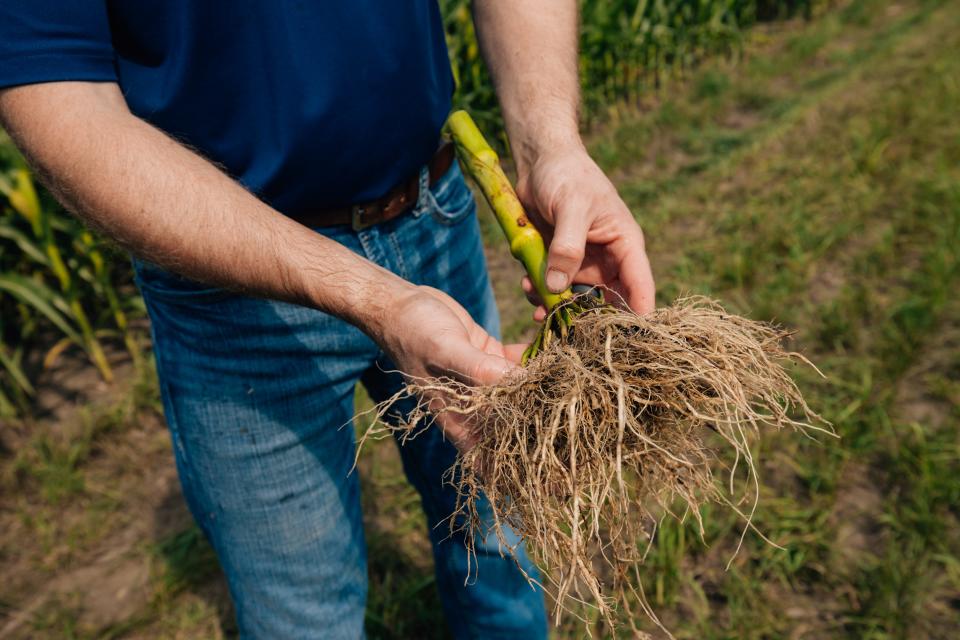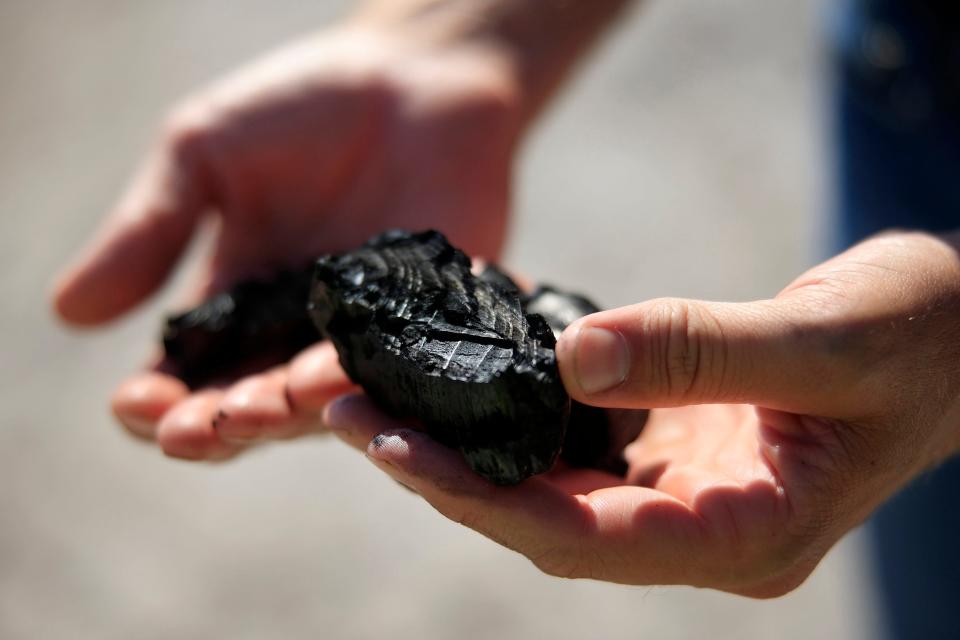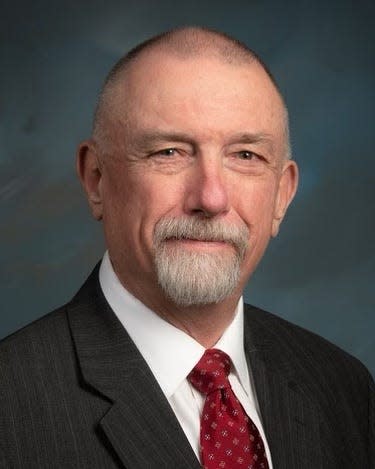Opinion: Not embracing change carries hidden costs on the farm
I was skimming morning headlines the other day when a story caught my eye. My phone, not yet two years old is, in technological terms at least, a relic of the past.
When the iPhone was introduced in 2007, its tagline was “Apple reinvents the phone.” The first generation iPhone was revolutionary in its day, but here we are, 16 years down the road, and smartphones have advanced significantly.Our expectations for technology are incredibly high, and constantly evolving with every new update and every change that allows us to connect with and improve the world around us.What strikes me, having worked with corn growers for more than 20 years, is that we don’t take the same approach to the technologies that aid farmers in feeding us all.
Agriculture technology has grown leaps and bounds in this time, offering farmers new tools to produce more food, fuel and fiber with fewer inputs and a reduced environmental impact. And farmers have embraced those technologies because they improve profitability through increased yields and lower input costs.Yet, we’re still assessing the value of ag technologies and inputs based on the criteria established by technologies developed decades ago. Take synthetic fertilizer, a technology we’ve been using for more than 100 years.Synthetic fertilizer is a tool to maintain yield, an input cost farmers pay to help mitigate risk and secure a strong production return. But it’s not that simple. First, synthetic fertilizer is expensive. The largest input cost for farmers after the cost of land.

But second, and more importantly, are the hidden costs. While farmers are using technology to increase fertilizer’s efficiency, nitrous oxide, a greenhouse gas, is still released into the air, and runoff from fields can end up in waterways. No farmer can benefit from fertilizer that doesn’t stay at the crop. And too much of our fertilizer comes from troubled parts of the globe, including Ukraine, Russia, Morocco and China.

It would be irresponsible to say farmers shouldn’t use fertilizer. They must have access to fertilizer in order to feed the world. But farmers need access to new technologies that allow them to increase yields with less fertilizer, reducing costs and having less impact on the environment.
New advances have brought us alternatives like biological fertilizers, which use microbes to take nitrogen from the air and nourish the plant all season long. These products actively work to build soil health as they feed the plants without the negative water and air quality impacts of synthetic fertilizers.In my view, biologicals aren’t alternatives. They entirely redefine how we — both farmers and consumers — assess the value and impact of fertilizer and give us the power and control to make decisions that will better our farms and communities.The thin margins inherent to agriculture mean that new technologies come with risk. That was true in my days as a Montana ranch kid and has remained true throughout my career. But when you take a full accounting of the costs of dated technologies, it’s clear that the impact on profitability, predictability, safety and sustainability deserve more attention, and that it’s time to support new technologies that offer a better solution.

Jon Doggett served as CEO of the National Corn Growers Association from September 2018 until his retirement in January 2023. He previously led the organization’s public policy efforts since joining NCGA in 2002.
Raised on his family’s Montana ranch, Doggett has substantial knowledge of production agriculture and agribusiness, as well as more than 30 years of agricultural policy and leadership experience.
This article originally appeared on Des Moines Register: Opinion: On the farm, not embracing change carries hidden costs

